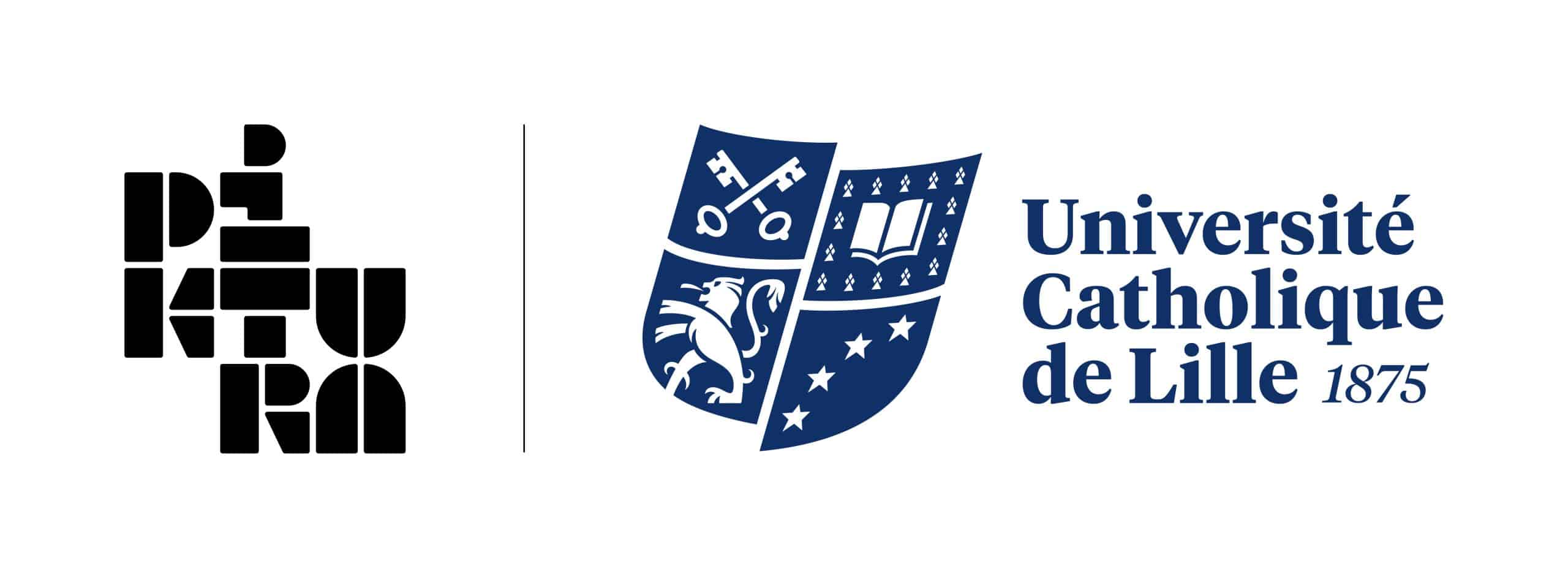
Mise en scene
Etablissement : PIKTURA Ecole de l’image
Langue : Français
Formation(s) dans laquelle/lesquelles le cours apparait :
Période : S3
Avoir des notions artistiques et des notions de mise en scène.
– Mise en place d’une bonne mise en scène.
– Trouver des idée de mise en scène qui vont améliorer le ressenti du film. Comment rendre l’approche du film plus mature et pertinente.
– Par la mise en scène, donner un sens narratif clair et compréhensible.
– Trouver une idées de montages unique et adapté au propos, Réflexion sur la musique, la lumière, l’ambiance, les décors…
– Mise en place des éléments visuels d’un film.
– Quelles sont les différentes mises en scène ? : Réalisme naturaliste et psychologique; école russe; symboliste; épique; théâtre pauvre; théâtre performatif; autres…
– Suivi des projets de film de groupe afin de trouver un ton de réalisation.
– Brainstorm et échanges d’idées.


